After the Chinese incursions in Doklam and Galwan worsened the India-China relationship and the involvement of extra-regional actors like Turkey in the Kashmir conflict, India’s foreign policy vision, approach, and strategic calculus are expanding beyond South Asia.
India’s outreach to Armenia, a faraway country in the South Caucasus, is part of this new change. The October 2021 visit of S Jaishankar, India’s External Affairs Minister, to Yerevan is historic because it was the first such visit of the Indian foreign minister to Armenia in the last 30 years.
Before this, Prime Minister Narendra Modi met Armenian PM Nikol Pashinyan on the sidelines of the 74th UNGA in New York, seeking Yerevan’s support in finalising a trade arrangement with the Eurasian Economic Union (EaEU).
In the last three years, India has emerged as a major weapons supplier to Armenia. These big-ticket defense deals include the sale of Pinaka multi-barrel rocket launchers, a USD 40 million contract of SWATI weapon-locating radars, ammunition anti-tank missiles, and 155 mm artillery guns.
The author’s interlocutors in India’s Ministry of External Affairs informed that Armenia is interested in more defense deals, including drones and counter-drone systems, loitering munitions, and mid-range surface-to-air missiles.
In October 2022, Armenia’s defense minister, Suren Papikyan, visited the defense expo in New Delhi and met his counterpart Rajnath Singh. In Sept 2022, both countries signed MoUs in culture, digital infrastructure, and renewable energy to promote business ties at the India-Armenia Conference 2022 in Bengaluru. The delegates explored the trade and investment potential in pharma, agriculture, information technology, film-city, and tourism.
Quick Reads
View AllAdditionally, one can witness a major uptick in think tank-level cooperation between India and Armenia. Most recently, the author represented Usanas Foundation, India’s premier foreign policy think tank, at the Yerevan Dialogue Series organised by the Prime Minister’s Office of Armenia, in collaboration with Armenia’s top-level think tank, Applied Policy Research Institute (APRI).
APRI will also organise the next dialogue series with the Observer Research Foundation, India’s top-level foreign policy think tank, and the prestigious Raisina Dialogue organiser in partnership with the Ministry of External Affairs.
All these developments come on the solid bedrock of robust cultural and historical ties between the two countries that have existed for centuries. The Armenian business community has lived in India for over four centuries. Kolkata has one of the oldest Armenian churches and a school. Armenia’s first constitution was drafted in Chennai.
Geopolitics behind strategic connectivity
Until the 2020 war, India more or less had a clear stand, backing Armenia against Azerbaijan’s territorial aggression. Turkey and Pakistan’s support of Azerbaijan made it all the more essential for India to support Armenia. In 2017, Turkey, Azerbaijan, and Pakistan signed a trilateral ministers’ agreement to boost defense and strategic ties.
Notably, Azerbaijan has declared its support for Pakistan on the Kashmir issue whereas Armenia supports India. Turkey-Pakistan relations are very old, going back to 1947. Turkey has always supported Pakistan, and after the abrogation of Kashmir’s special status in 2019, Turkey has emerged as a diehard proponent of Pakistan against India in the global propaganda war and multilateral institutions.
Under Erdogan’s Islamist leadership and Pan-Turkic ambitions, Ankara’s interest and support of Pakistan strengthened, and anti-India diatribes have become vitriolic. More recently, the author’s interlocutors have suggested that Erdogan’s private paramilitary force, SADAT, may be active in sending highly trained mercenaries to Kashmir.
In addition to counter-balance Turkey and Pakistan, India also looks at Armenia as a nodal point to expand its strategic and economic outreach to the South Caucasus.
New Delhi’s most critical interests in this region lie in the strategic connectivity projects. India’s interest in the International North-South Corridor (INSTC), of which Armenia is a part, is firmly rooted in its quest for land connectivity to Eurasia, Central Asia, and Europe through the Iranian plateau, otherwise blocked by Pakistan and Afghanistan.
With this intent, India aims to extend INSTC to Armenia, connecting Chabahar port in south east Iran to European and Eurasian markets. India and Iran have two options — railway lines connecting north western Iran to Russia or the Black Sea through Armenia’s Syunik province or via the Caspian coast through Azerbaijan.
Armenia is a natural choice for India because of Azerbaijan’s proximity to Pakistan and Turkey. Armenia is also keenly interested in INSTC. Yerevan announced an alternate road to Iran in May 2021 to connect Iranian ports to Georgian ports via Armenia. During the Indian foreign minister’s 2021 visit, Armenia also proposed a scheme allowing the transportation of Indian products to Russia and the Black Sea via Armenia. All these initiatives bring the INSTC closer to reality.
Given the above mentioned developments, it is reasonable to conclude that both countries are moving towards a robust strategic partnership. However, India’s relative silence or pessimism after the fall of Nagorno-Karabakh in 2023 indicates a moderate decline in New Delhi’s enthusiasm and a sense of guarded optimism bordering on skepticism.
Perhaps, after Azerbaijan’s aggression and conquest of Nagorno-Karabakh, India is reeling under a sense of insecurity about its investments and plans for strategic connectivity projects in this region. India may reconsider its aforesaid preference for the Syunik transit route because of the Zanzegur region which falls in it. Azerbaijan has made claims to Zanzegur corridor as it provides unimpeded accesses to its exclave of Nakhchivan. Given the revisionist intent of Azerbaijan and the recent attacks on mainland Armenia, these threats originating from Baku can not be underestimated. Hence, the prevailing instability and volatile security situation may dampen India’s enthusiasm for a transit route through Syunik.
Nevertheless, India faces a difficult choice. India is majorly invested in the Chabahar project and eyes INSTC as a critical connectivity project to obtain overland routes to Europe. Despite the hindrances owing to sanctions against Iran and Russia and major differences over the arbitration issues with Iran, India has finalised a ten-year contract with Iran for the use of Chabahar port.
India’s West Asia expert and former envoy to many Middle Eastern countries, Ambassador Anil Trigunayat said in a telephonic interview that after the Ukraine war, Russians have become very serious about the rapid execution of INSTC to gain access to Chabahar through the Indian Ocean, to counter the European sanctions.
India does not want to miss this opportunity. Trigunayat further said that if India shows lack of interest, China is likely to occupy that space as it already has strong ties with Russia and Iran, and India’s dependence is further accentuated by the declining prospects of the India-Middle East Europe Corridor (IMEC) after the Israel-Hamas war.
Hence, whether these vulnerabilities will compel India to explore the Azerbaijan route for INSTC in the backdrop of the Turkey-Pakistan-Azerbaijan alliance or not remains a million-dollar question.
Worst-case scenario
In addition to the abovementioned factors, the increasing involvement of global powers in the South Caucasus can also impede the transformation of India-Armenia relationship into a strategic partnership.
After Russia’s lukewarm response to the war with Azerbaijan, there is a marked Armenian shift towards the US, which is making Moscow uncomfortable.
In the recent Russia-Ukraine war, India had to face tremendous pressure from the Western powers to abandon Russia. Given its aversion to alliances, New Delhi would avoid getting caught in another cold war front between the US and Russia.
Also, India’s strong ties with Israel, Iran’s arch-enemy, and Iran’s with China, India’s arch-enemy, will make it increasingly challenging for India to continue and further its involvement in Russia-Iran-led INSTC.
The worst-case scenario for India will be the passage of INSTC through Azerbaijan. Hence, it can be argued that in the prevailing uncertainty and instability in the South Caucasus, India will prefer to move ahead on a bilateral trajectory with Armenia, with a particular focus on defense deals and economic ties.
The writer is the founder and CEO of Usanas Foundation, a foreign policy and national security thinktank. A Cornell University grad in public affairs, and the author of Radicalisation in India: An Exploration_. Views expressed in the above piece are personal and solely that of the author. They do not necessarily reflect_ Firstpost_’s views._
Read all the
Latest News,
Trending News,
Cricket News,
Bollywood News,
India News and
Entertainment News here. Follow us on
Facebook,
Twitter and
Instagram.


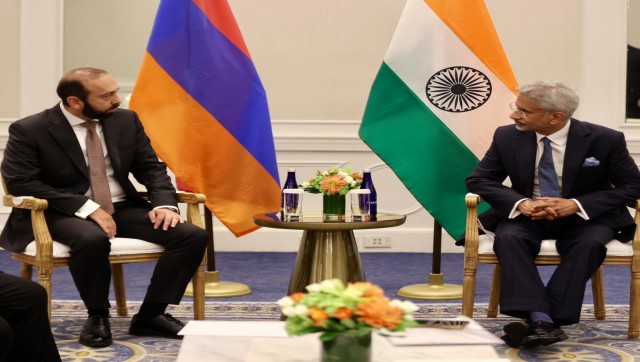)
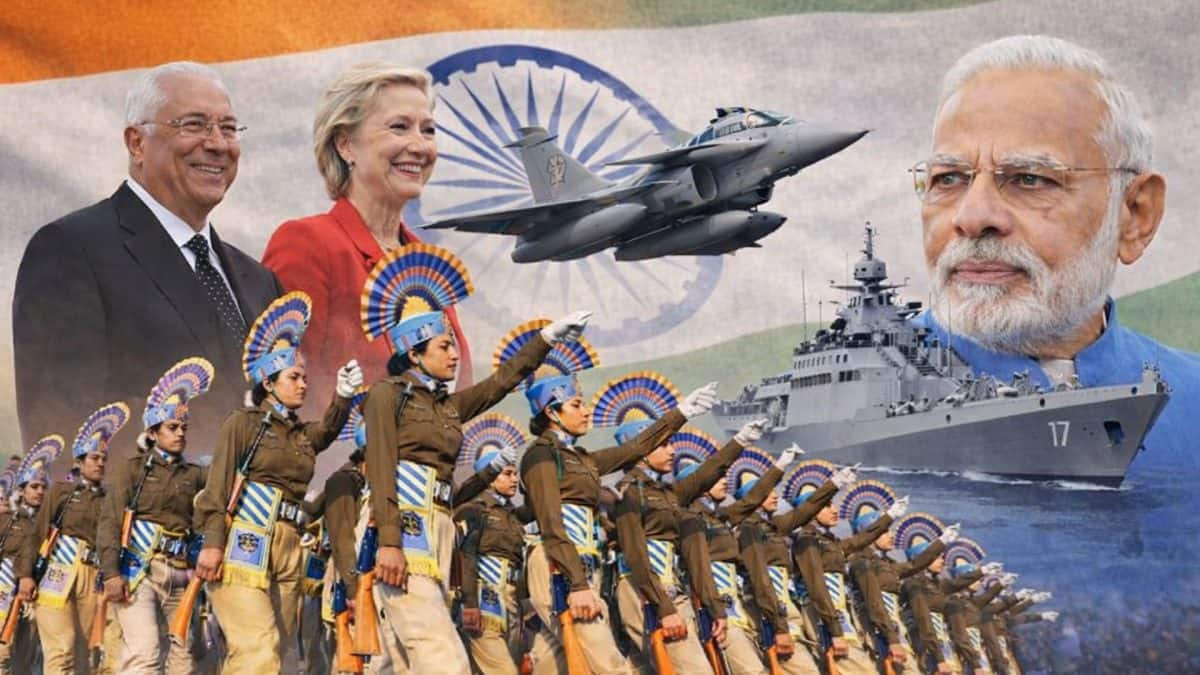
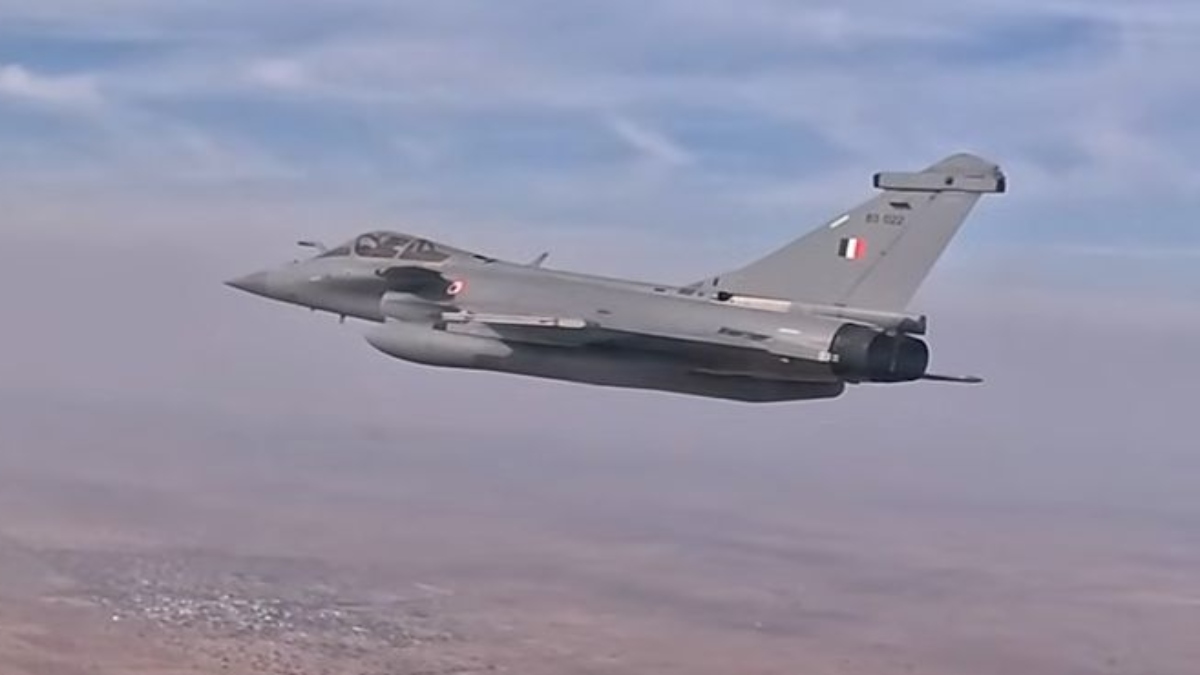)
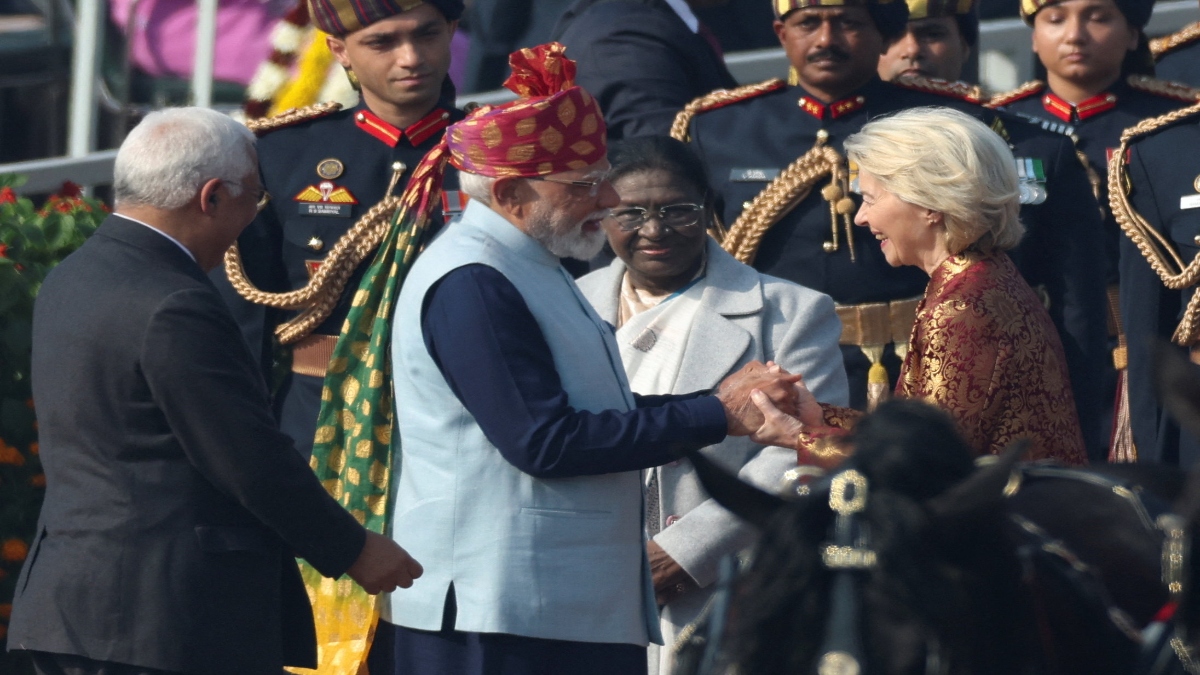)
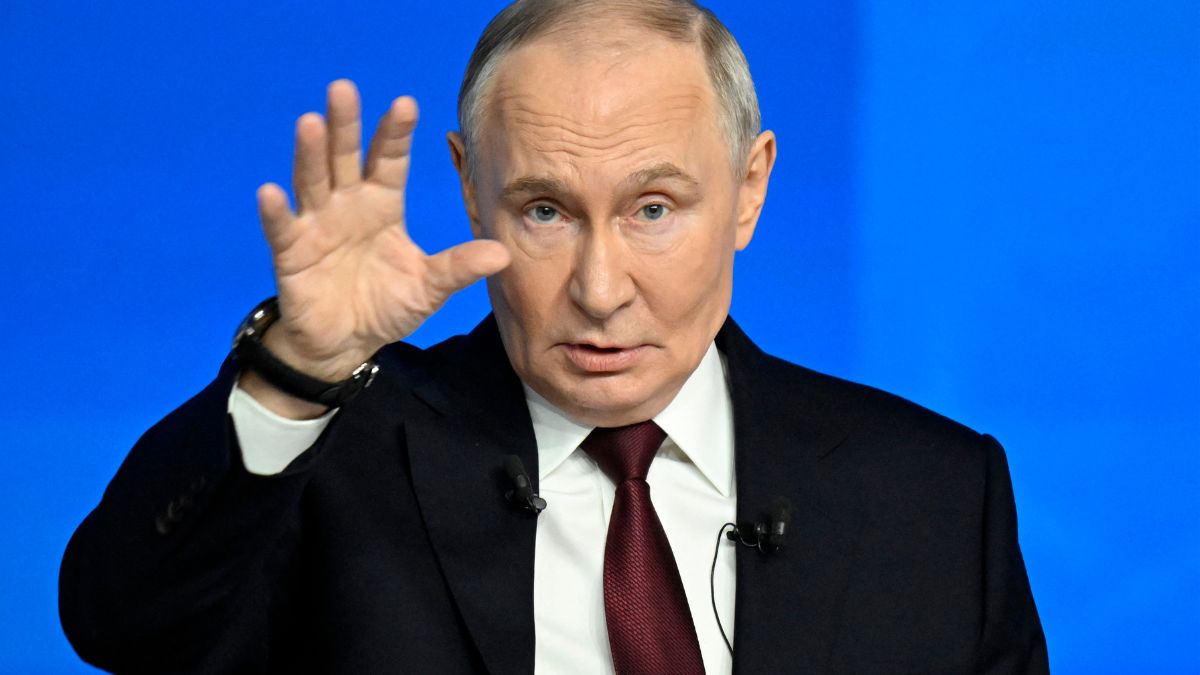)
)
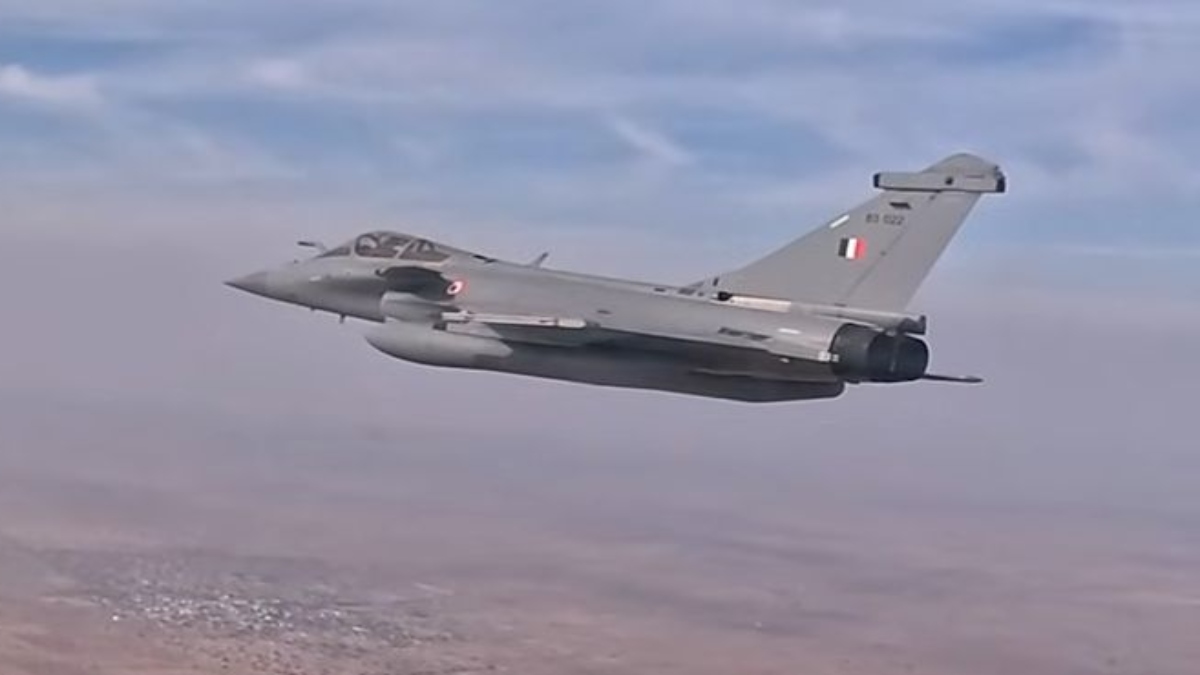)
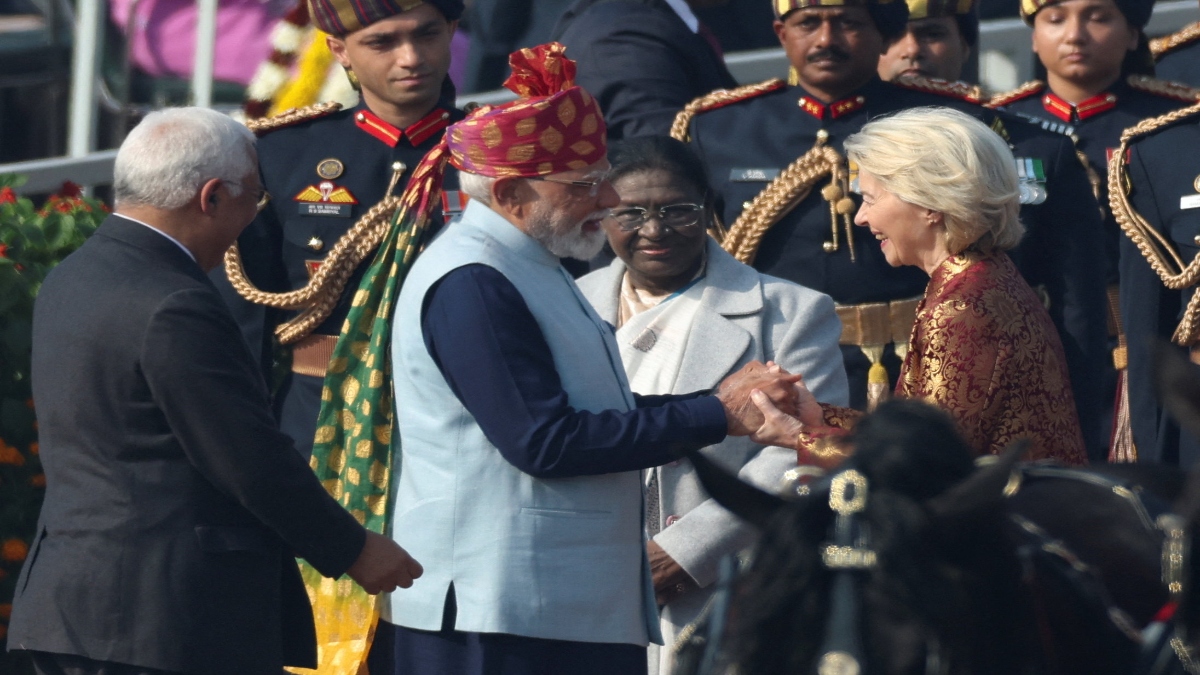)
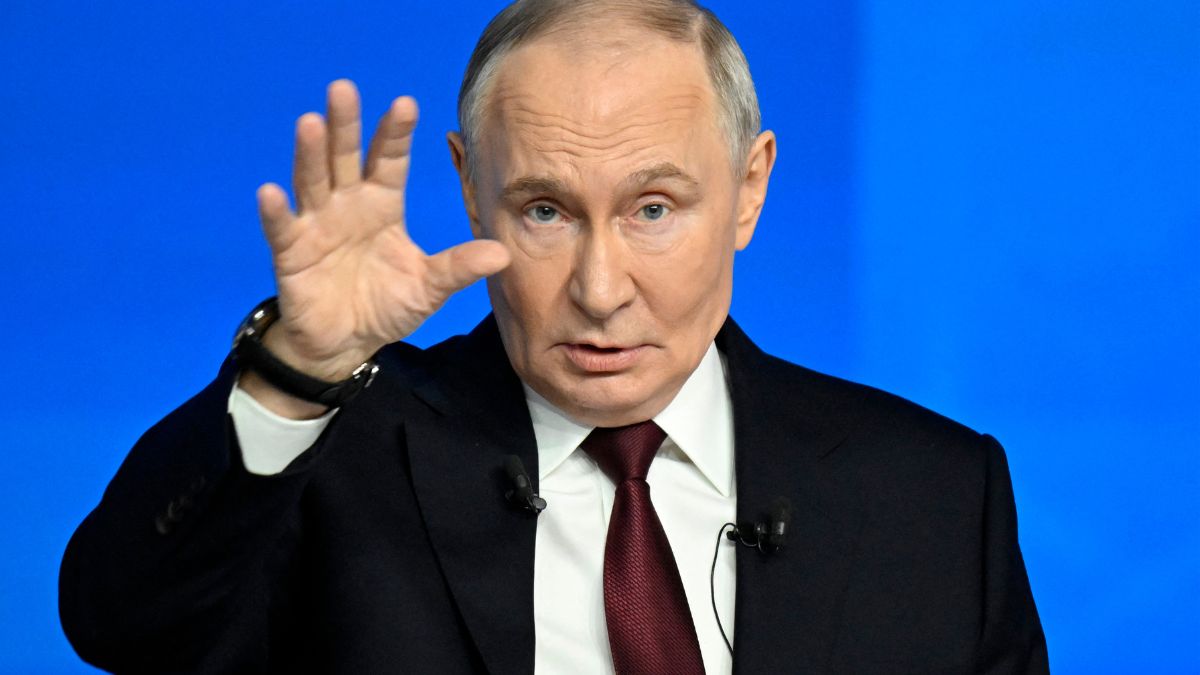)
)



